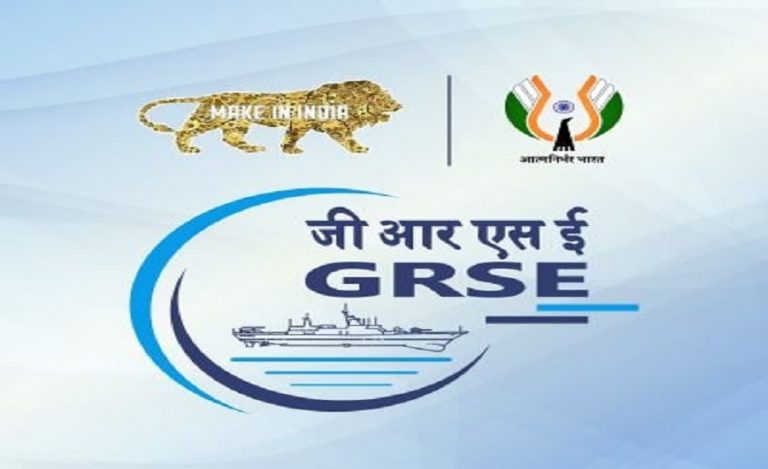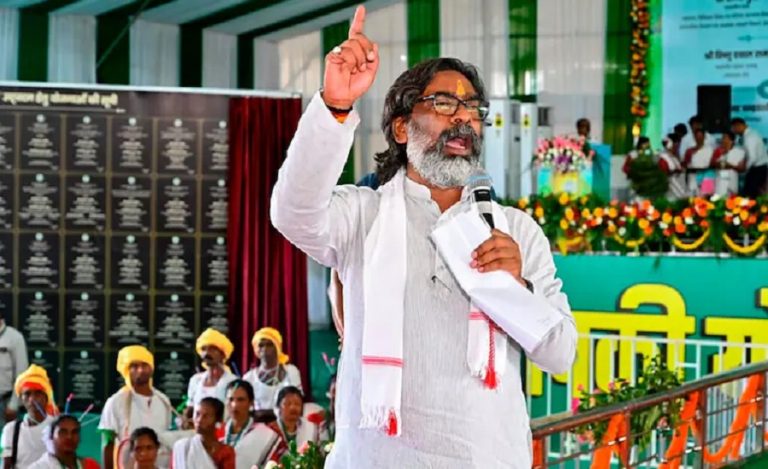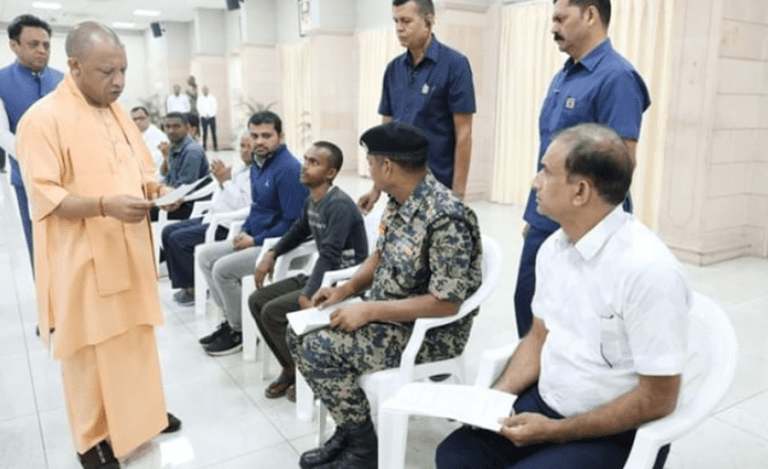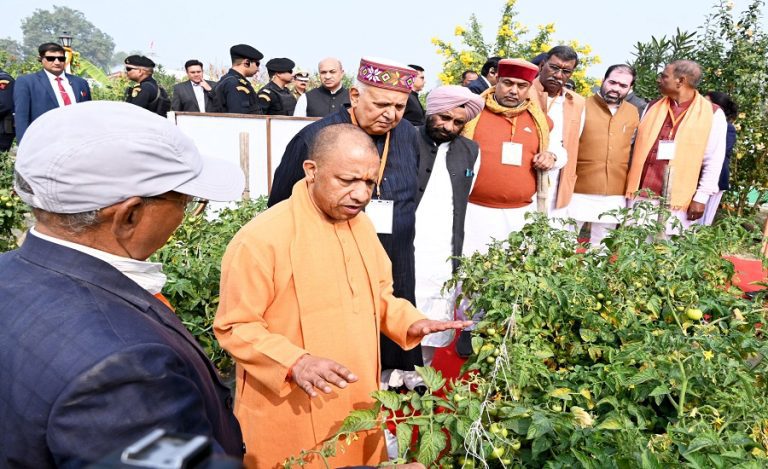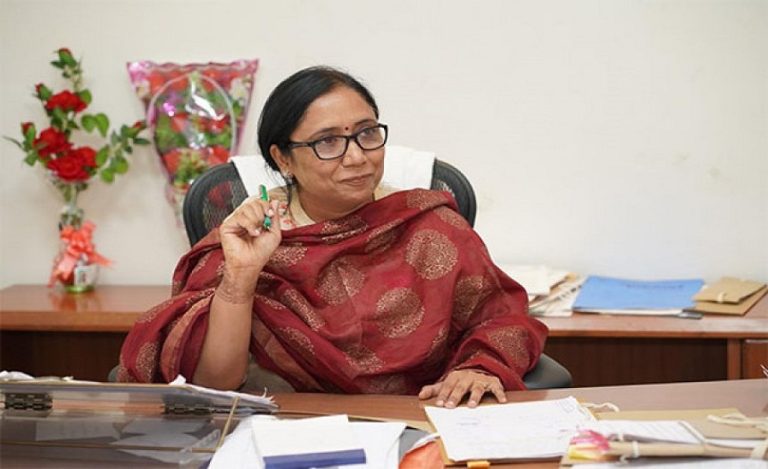Even though both the Preliminary and the Mains examinations of the UPSC Civil Sevices Exam test the academic knowledge and comprehensive skills of the candidates, there is still a vast difference between the two. This vast difference was strategically explained by IIT alumnus and UPSC mentor Abhijeet Yadav, who shared his thoughts regarding the same, in a Twitter thread.
He tried to explain the difference between questions asked in UPSC Prelims and UPSC Mains through the concept of Bloom’s Taxonomy, which is a set of three hierarchical models used for the classification of educational learning objectives into levels of complexity and specificity. The three lists cover the learning objectives in cognitive, affective and psychomotor domains.
What's the difference between UPSC Prelims and Mains questions?
— Abhijeet (@abhiwhy) April 12, 2021
Understanding it with bloom's taxonomy.https://t.co/KNLl01aGC2
REMEMBERING: UNDERSTANDING LEVELS OF KNOWLEDGE
First and foremost, Abhijeet tries to make one understand the basic knowledge of Bloom’s Taxonomy. He considers ‘REMEMBERING’ as the base level where one learns to recognise and recall facts.
In his tweet, he stated, “Understanding levels of knowledge (Bloom’s Taxonomy) with examples.
REMEMBERING
The most basic level. This is where you learn to recognise and recall facts.
Example: India is a democracy.”
1/6
— Abhijeet (@abhiwhy) February 24, 2021
Understanding levels of knowledge (Bloom's Taxonomy) with examples.
REMEMBERING
The most basic level. This is where you learn to recognise and recall facts.
Example: India is a democracy.
UNDERSTANDING: SECOND STAGE
Considering ‘Understanding’ as the second stage during any preparation, Abhijeet asks one to go through and thoroughly understand what the facts actually mean.
He tweeted: “UNDERSTANDING
Going up a level, you understand what those facts mean.
Example: Being a democracy means Indians choose those in power.”
2/6 UNDERSTANDING
— Abhijeet (@abhiwhy) February 24, 2021
Going up a level, you understand what those facts mean.
Example: Being a democracy means Indians choose those in power.
APPLYING: THIRD STAGE
The third stage of ‘Applying’ asks the candidates to use the facts and apply them in order to gain more knowledge. According to Abhijeet’s tweet: “APPLYING
Using the facts and concepts understood so far to gain more knowledge by applying those ideas.
Example: Indians choosing those in power must mean that there should be regular elections.”
3/6 APPLYING
— Abhijeet (@abhiwhy) February 24, 2021
Using the facts and concepts understood so far to gain more knowledge by applying those ideas.
Example: Indians choosing those in power must mean that there should be regular elections.
ANALYSING: FOURTH STAGE
Analysing an idea or concept means breaking them down and studying them closely to see how they interact with each other.
With regard to the fourth stage of analysing, Abhijeet tweeted: “ANALYSING
Breaking down concepts into constituent parts and seeing how those parts interact with each other.
Example: How regularly must elections be held? What are other ways to elect people in power?”
4/6 ANALYSING
— Abhijeet (@abhiwhy) February 24, 2021
Breaking down concepts into constituent parts and seeing how those parts interact with each other.
Example: How regularly must elections be held? What are other ways to elect people in power?
EVALUATING: FIFTH STAGE
The next step is to evaluate and judge the value that your facts or knowledge carries.
Says Abhijeet, “EVALUATING
Judging the value of information or ideas.
Example: What is the best way to conduct elections? Is conducting simultaneous elections a good idea?”
5/6 EVALUATING
— Abhijeet (@abhiwhy) February 24, 2021
Judging the value of information or ideas.
Example: What is the best way to conduct elections? Is conducting simultaneous elections a good idea?
CREATING: SIXTH STAGE
And the last and final stage is where you use and combine all the knowledge that you have gained so far into creating a unique and new idea to suit your requirements.
Tweeted Abhijeet, “CREATING
Synthesizing new knowledge by combining different parts in new ways. (this is what PhD scholars and researchers do)
Example: Working out potential solutions to streamline the perpetual election cycle in India.”
6/6 CREATING
— Abhijeet (@abhiwhy) February 24, 2021
Synthesizing new knowledge by combining different parts in new ways. (this is what PhD scholars and researchers do)
Example: Working out potential solutions to streamline the perpetual election cycle in India.
As and when a potential UPSC candidate covers all these stages of understanding how Bloom’s Taxonomy can be used as an example to understand the various stages and levels of both, Prelims and Mains examination, they may be able to plan and create a customized preparation strategy for themselves, which can bring them closer to achieving their dream.
(Abhijeet Yadav gave five years of his life to the UPSC CSE journey. He made 6 attempts, which covered 4 Mains, 2 interviews, and 2 selections, and got AIR 653 in CSE 2017 and R-List in CSE 2018. He is now a UPSC mentor and the founder of UPSCprep.com. An alumnus of IIT Delhi, he also has a YouTube channel with over 136,000 subscribers, where he helps aspirants to prepare better for UPSC exams.)









